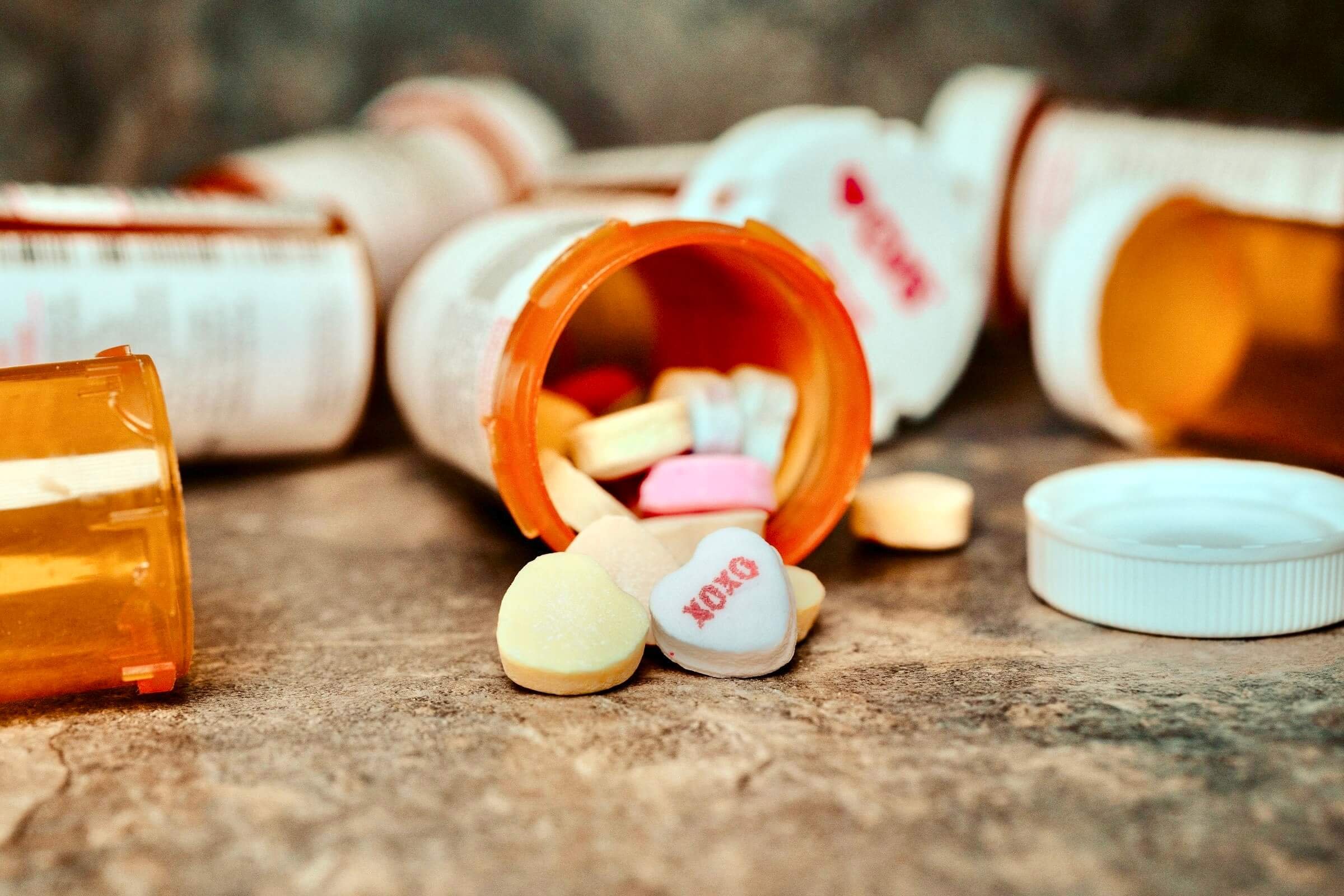Is acupuncture just placebo?
You don’t have to know Latin to recognize the first word of the Latin translation of psalm 116’s ninth verse: “Placebo.”
In medieval times, people participating in the vespers (evening prayers) of the Office for the Dead sang this verse as a refrain during funeral services. However, some of them didn’t actually know the deceased and had other motives for attending. Whether these people sought accolades from the deceased person’s loved ones or wanted to be entitled to partake in the funeral meal, their sadness was considered to be insincere, and they came to be known as “placebos.”1
While the meaning of “placebo,” since the word’s adoption into English, has changed over time,2 this understanding of what a placebo is isn’t so different from today’s. When people say that a treatment is “just placebo,” they mean that it’s an impostor, a fake medicine posing as a real one, the classic example being a sugar pill. If it brings them relief, they think that it must be “all in their head.”
It’s understandable, then, that many acupuncturists are quick to undermine the conclusion of some studies that acupuncture is no more effective than placebo by citing sources like this abstract pointing out that there isn’t an agreed-upon sugar pill equivalent of acupuncture that can be used for comparison purposes to test whether or not it’s placebo. These acupuncturists don’t want acupuncture to be affiliated with placebo in any way, believing that if it were, this would be a threat to its legitimacy—and their livelihood.
But what does the research on placebo actually say?
While relief that is perceived to be a mere figment of the imagination is typically attributed to the placebo effect, there are in fact multiple placebo effects and they are rooted in “the rituals, symbols[,] and behaviors” that are involved in medicine.3 That's right: There is no such thing as just taking a drug or just getting an acupuncture treatment. These aspects of medicine play a role in therapeutic outcomes too, and not on some esoteric, unmeasurable level, either. Placebo effects are neurobiological phenomena with identifiable physiological mediators. This was first recognized in a 1978 study showing that placebo pain relief could be blocked by naloxone, which you might know by its brand name Narcan, a drug that stops the action or effect of opioids and can be used as an opioid overdose treatment.
Contrary to popular belief, placebo effects do not depend on deception. A 2010 study introduced the concept of open-label placebos, which bring relief even when people know that they are receiving a placebo treatment. In this study, the percentage of patients taking a placebo who reported adequate relief from symptoms of irritable bowel syndrome (IBS) in the third week of the trial was comparable to the percentage of patients reporting the same in clinical trials of drugs currently used for this condition.
Placebo effects do not invalidate a medical therapy; they enhance it. If they didn’t, Harvard wouldn’t have created its Program in Placebo Studies and the Therapeutic Encounter, based at the Beth Israel Deaconess Medical Center. And the lead author of the aforementioned study on open-label placebos, Ted Kaptchuk, who practiced acupuncture for many years, wouldn’t have agreed to be its director.
It turns out that the truth about placebo effects—that they bring real relief—was clear from the story of how they got their name all along. After all, just because those original placebos didn’t know the person whose funeral they were attending doesn’t mean they were crying crocodile tears. Their sadness simply arose through a different, but equally valid, mechanism: sympathy.
References Cited
Specter M. The power of nothing. The New Yorker. December 12, 2011. Accessed April 2024. https://www.newyorker.com/magazine/2011/12/12/the-power-of-nothing.
Aronson J. When I use a word…Please, please me. BMJ. 1999;318(7185):716. doi:10.1136/bmj.318.7185.716
Kaptchuk T. No better than a placebo. The New York Times. October 10, 2023. Accessed April 2024. https://www.nytimes.com/2023/10/10/opinion/decongestant-placebo-medicine.html?mwgrp=a-dbar&unlocked_article_code=1.IU0.kgkh.urqqgMF4pYQ6&smid=url-share&utm_source=substack&utm_medium=email.

